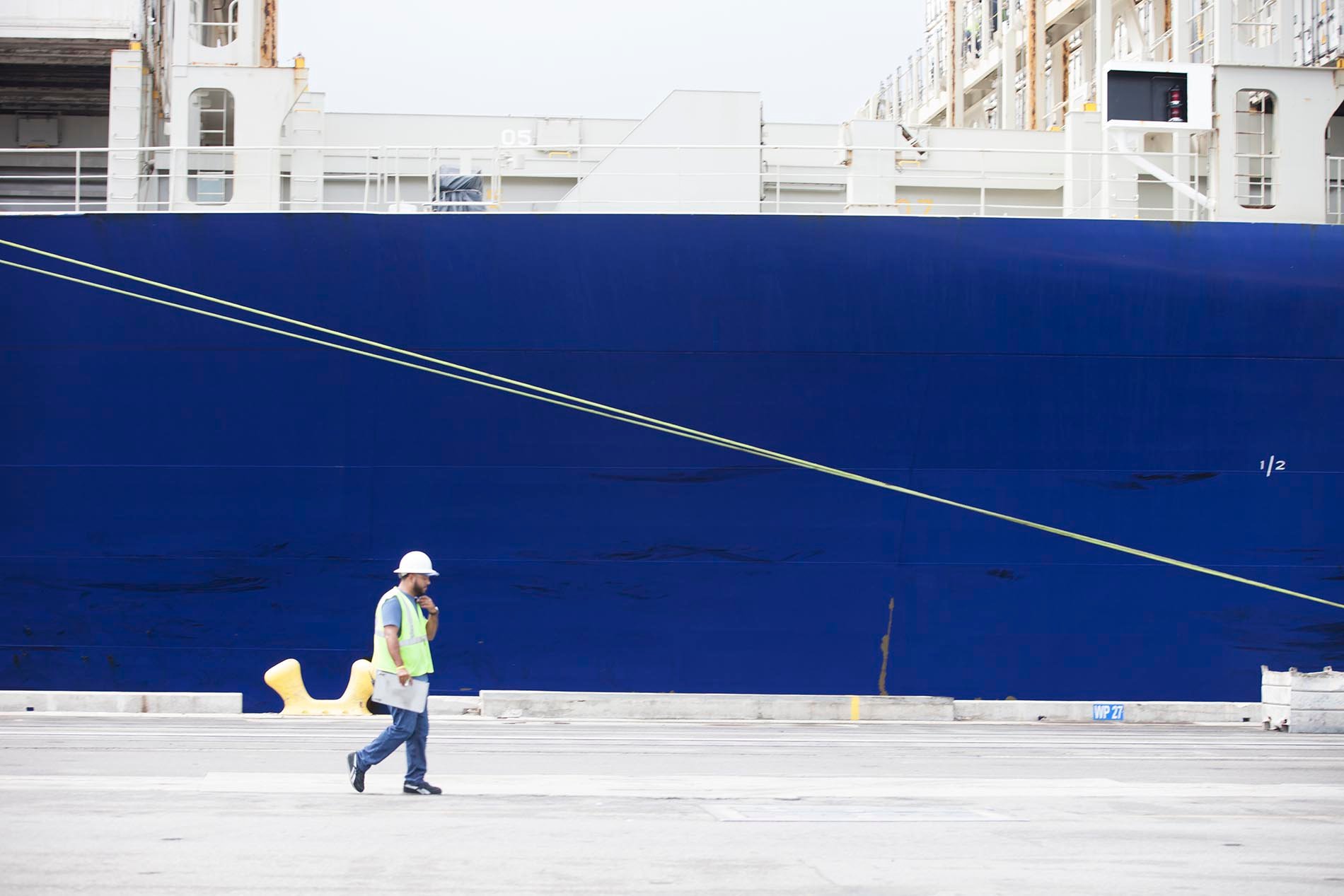I’ve discussed the so-called “concurrent jurisdiction” problem on previous occasions. This refers to the inequitable situation confirmed by the U.S. Supreme Court in Sun Ship v. Pennsylvania, 447 U.S. 715 (1980), in which the Court held that the Longshore and Harbor Workers’ Compensation Act (33 U.S.C. 901 et seq.) does not supplant state workers’ compensation laws, it supplements them. This means that maritime workers covered by the Longshore Act are often simultaneously covered by state act compensation laws. The workers have the benefit of double coverage, and the maritime employers have the burden of redundant exposure.
When the Longshore Act was extensively amended in 1984, Sun Ship was not overruled, so concurrent jurisdiction was preserved.
While all state workers’ compensation laws are “concurrent” with the Longshore Act under Sun Ship, many states have expressly provided in their insurance laws words to the effect that if you are covered by a federal liability or compensation statute then you are not covered by that state’s workers’ compensation law.
Slowly, but in what may be an inexorable trend, states are moving from “concurrent” Longshore Act/state act status, to “exclusive” status, whereby workers covered by the Longshore Act are not covered by state act.
Virginia did it, effective July 1, 2012.
Pennsylvania has done it. The State’s General Assembly Bill No. 2081 was signed into law on June 18, 2014. It amends the State’s workers’ compensation law by adding straightforward language to the definition of employee:
“Section 104. The term ‘employee’, as used in this act is … exclusive of persons subject to coverage under the Longshore and Harbor Workers’ Compensation Act or the Merchant Marine Act of 1920 ….”
So add another state to the list of “exclusive” states. Here’s my unofficial list:
Concurrent States: AL, AK, AR, CA, CT, DE, GA, IL, KS, MA, ME, MI, MN, NC, NE, NY, RI, SC, TN, WV, WI
Exclusive States: FL, HI, ID, IN, KY, LA, MD, MO, MS, NJ, OH, OK, OR, PA, TX, VA, WA
No state, to my knowledge, has gone from “exclusive” back to “concurrent”.
It remains my opinion that this action in Pennsylvania takes nothing unfairly away from maritime workers. It redresses an inequity by fairly placing Pennsylvania maritime employers on an even playing field with other employers in the State, and importantly, with other maritime employers in several neighboring states, with regard to workers’ compensation coverage. Maritime workers remain properly covered by what is considered to be the most liberally interpreted workers’ compensation law in the country. The workers are simply no longer in the uniquely privileged position of having double coverage.
It’s curious to me that workers with such a unique, unearned privilege somehow convince themselves that this fortuitous benefit of double coverage is their due while they overlook the competitive disadvantage in which this places their employers in the industry that provides their livelihood.
At any rate, this is another step in the right direction.


